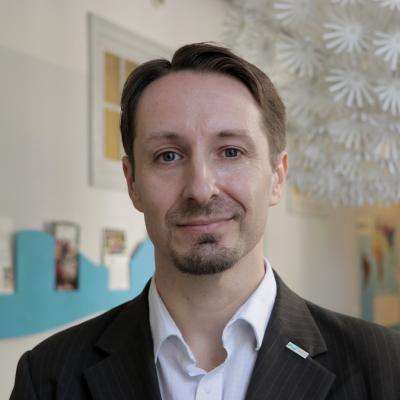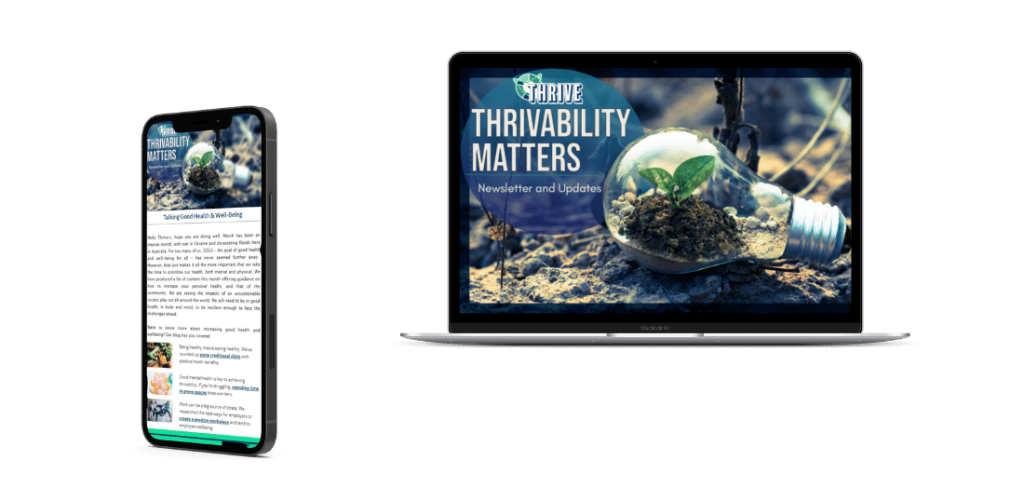The THRIVE project would like to extend our warm gratitude to Colin Herron & Jin Tanaka for being guest presenters at our June Thrivability Matters webinar. The theme of this webinar was the United Nations Sustainability Development Goal, SDG6 (Clean Water and Sanitation).
About our Speakers

Colin Herron is an international water expert, currently based in Stockholm, Sweden. He leads the Global Water Partnership’s (GWP) Water Solutions for the Sustainable Development Goals (WS4SDGs) programme, supporting countries to incorporate Integrated Water Resources Management (IWRM) in their development objectives.
Colin was formerly the Water Security Director for The Nature Conservancy for Mexico and Northern Central America. He also acted as an advisor on water issues for the governments of Mexico, Turkey, and Japan. As well as for international organizations such as the World Water Council, the World Bank, the World Meteorological Organization, and the International Union for Conservation of Nature.

Jin Tanaka is a member of YOUNGO and participates in the activities of NDC and LCOY. He is the Branch Manager of UNISC International, a youth-led non-governmental organization with special consultative status to the United Nations Economic and Social Council, and is involved in advocacy for action on climate change and other environmental issues both domestically and internationally.
Summary of the webinar
COLIN HERRON ON SDG6.5 AS THE CONNECTOR FOR SUSTAINABLE DEVELOPMENT
Colin began his presentation with the importance of water and how it is at the center of all sustainable development goals. He stressed that it is almost impossible to achieve the other SDGs without taking into account water availability and equality. Achieving an integrated approach to SDG6 is, therefore, essential for progress to be made on all other SDGs.
He then illustrated the different layers of the SDGs including the biosphere, society, and economical goals. Biosphere goals are the key base to achieving the SDGs, and access to clean water is at the heart of it. However, what’s happening is the opposite of what should be happening, whereby biosphere goals are placed at the lowest level of priority. This is not the most sustainable structure for our society.
Colin then went on to describe SDG6.5 which involves implementing integrated water resources management at all levels (SDG6.5.1), and through transboundary cooperation as appropriate (SDG6.5.2).
SDG6.5.1 is evaluated through survey instruments completed by UN member states organized in the four main components of IWRM (Integrated Water Resources Management).In 2020, there was an increase in the global average score from 49% (2017) to 54% (2020). At this rate, we will not reach our 2030 targets. Business as usual is not an option. We will need to double up our efforts.
In his conclusion, which can be seen here, Colin highlighted his team’s efforts in combating this problem through the setting up of the SDG6 IWRM Support Program. This program supports countries through different stages and provides tools to help them overcome challenges.
JIN TANAKA ON YOUTH INNOVATION AND WATER CONSERVATION
Jin started off his presentation with the current situation in water conservation which involved water occupation by the government, and water pollution by companies and citizens. Moreover, he then went on to illustrate and explain the global distribution of the Earth’s groundwater pooled above ground and what is easily available.
Jin also highlighted some of the problems faced so far. They include the lack of resources and information to take action, low engagement for youth who want to participate, and inadequate coordination between different sectors. Although, despite the challenges, the youth movement has been an active advocate at international conferences. Some of the initiatives taken are proposing tech innovation to collect garbage, the framework of stakeholders involved, and the introduction of the Kankyo cafe where youth participants and researchers discuss actions.
He concluded that by engaging the youth in such activities, the issues can be tackled.
CONCLUSION
To summarise the above points, both Colin and Jin highlighted that water is indeed a very important aspect of achieving the SDGs. Without keeping water at the center of all operations, it will be a very difficult task to get to where we need to be. Engaging different stakeholders through support is crucial to ensure that we overcome the obstacles faced currently.
If you missed out on the presentations or the live Q&A session, you could view the recording on our YouTube channel once it’s released.
Make sure to register for the July webinar on Industry Innovation and Infrastructure. For details, click here.
Thanks, and do keep on thriving!
SUBSCRIBE TO OUR NEWSLETTER
GOT A QUESTION ON THIS TOPIC?

